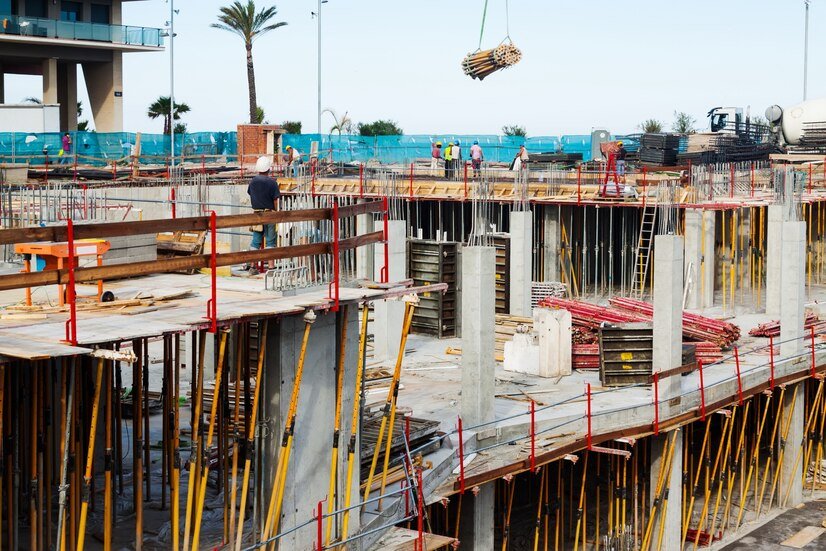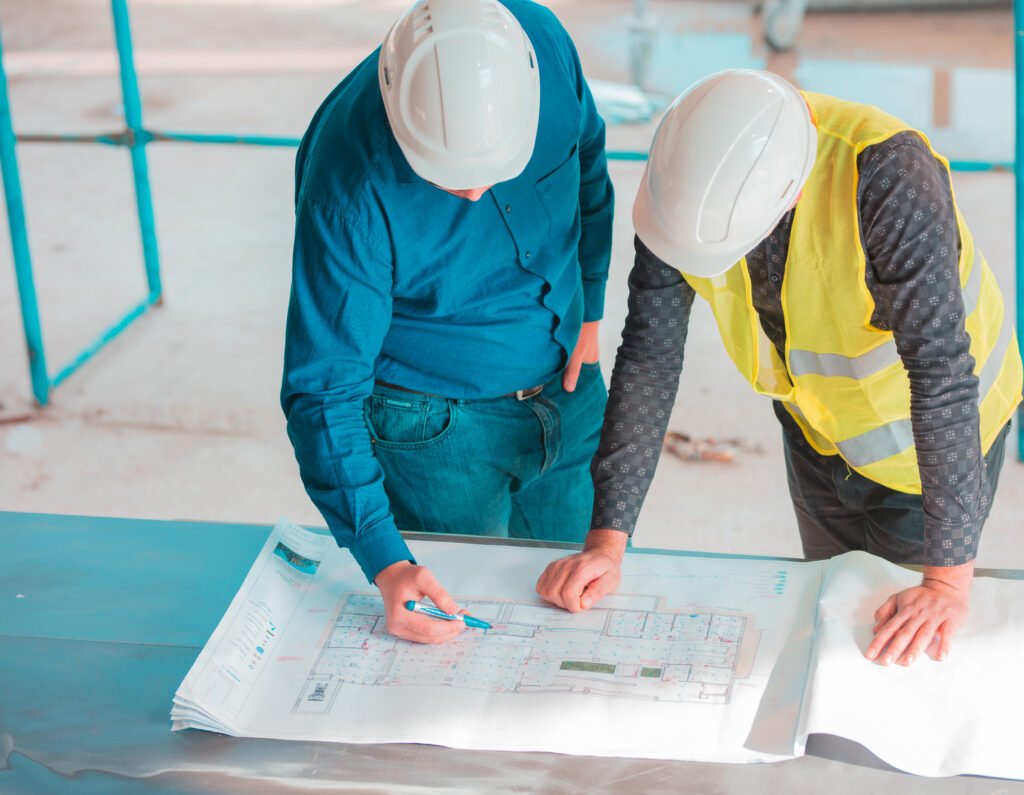


“General construction” typically refers to the broad field of construction activities involved in building structures, infrastructure, and other physical developments. This field encompasses a wide range of projects, including residential, commercial, industrial, and civil construction. Here are some key aspects of general construction:
1.Residential Construction: Involves the construction of single-family homes, multi-family dwellings, and other residential structures. Activities include site preparation, foundation work, framing, roofing, plumbing, electrical work, and finishing.
2.Commercial Construction: Focuses on the construction of buildings and facilities for commercial purposes, such as offices, retail spaces, and restaurants. May involve more complex designs and specialized systems compared to residential construction.
3.Industrial Construction: Encompasses the construction of facilities for manufacturing, processing, and heavy industry. Projects may include factories, warehouses, power plants, and other industrial structures.
4. Civil Construction: Involves the construction of infrastructure projects such as roads, bridges, dams, airports, and water treatment plants. Requires a deep understanding of engineering principles and often involves collaboration with civil engineers.
5. Project Management: Effective project management is crucial in construction to ensure that projects are completed on time and within budget. Project managers coordinate various aspects of construction, including scheduling, budgeting, and resource allocation.
6. Contracting: Construction projects are often carried out by contractors who bid for projects through a competitive process. General contractors oversee the entire construction process, managing subcontractors and ensuring the project’s overall success. 7. Health and Safety: Construction sites can be hazardous, so safety is a top priority. Construction companies implement safety protocols to protect workers and the public.
8.Technology in Construction: The construction industry is adopting technology such as Building Information Modeling (BIM), drones, and advanced construction materials to enhance efficiency and accuracy.
9.Environmental Considerations: Sustainable construction practices aim to minimize the environmental impact of construction projects. This includes using eco-friendly materials and energy-efficient designs.
10.Regulations and Codes: Construction projects must comply with local building codes and regulations to ensure safety and structural integrity.
11. Maintenance and Renovation: In addition to new construction, the industry involves maintenance and renovation projects to extend the life of existing structures.
General construction is a dynamic and multifaceted industry that plays a crucial role in shaping the built environment. It requires collaboration among various professionals, including architects, engineers, project managers, and skilled tradespeople.

